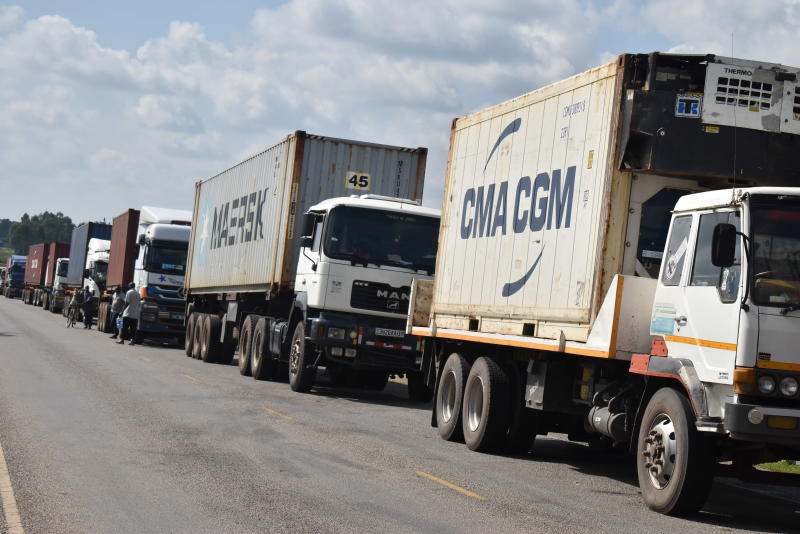
When Covid-19 hit the East African region early this year, governments reacted by closing border entry points and imposing lockdowns. These were among the few available options that the governments had to slow down the novel virus that had caused major global disruptions.
With time, however, it became apparent that the economies of individual states were being choked by the restrictions. Job losses, company closures and a general slump in businesses could only be countered by stimulating economic growth, gradually allowing our economies to bounce back. To achieve this, some of the stringent restrictions that are still in place should be eased.